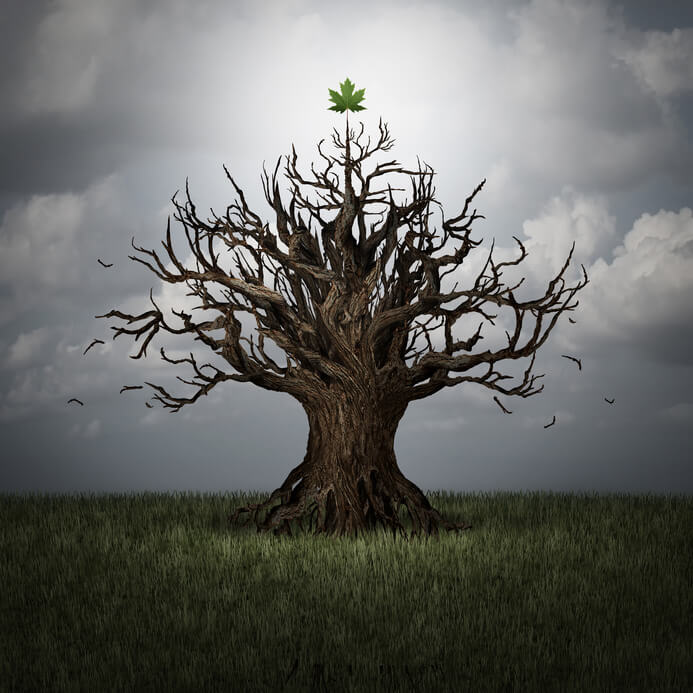Its hard out there…
“The main Business of Natural Philosophy is to argue from Phænomena without feigning Hypotheses, and to deduce Causes from Effects till we come to the very first Cause, which certainly is not mechanical; and not only to unfold the Mechanism of the World, but chiefly to resolve these, and to such like Questions.”
Sir Isaac Newton
It can be difficult being a sustainability practitioner. Our mission sets us in opposition to the general direction of the world. Finding ways to stay optimistic, to celebrate change and keep an eye on the scale of transformation that is required, takes resilience, flexibility and deep reserves of passion.

It also takes a balanced approach to stimulating change. Sometimes we need to have the facts at our disposal, sometimes the facts themselves are not enough, and we need to employ other techniques to persuade, prove and influence. Understanding how things change, and how people can be at once both resistant to and also welcome change is a growing part of our skill set as sustainability professionals.
The world constantly embraces change, if we are to make sustainability a defining aspect of how business is done, there is much to learn from change processes and successful marketing in other disciplines. When we look at the huge changes that go on in the world every day we can see that evolutionary change tends to be accepted easily, and some types of disruptive change (especially those associated with technology) have a compelling appeal. Just witness the revolutions engendered by the rise of mobile technology over the last two decades.
Voices in the wilderness
Another challenge for sustainability professionals is the fact that we are often lone voices. Many companies have well-developed sustainability teams with clear strategies for their work, and some even have sustainability as an integral part of overall business strategy. However, in many others, the task to prove the business case for sustainability, and the commercial value of responding to social and environmental trends is still required.
Often a significant characteristic of successful sustainability practitioners is to spot the places where influence or change will have the largest effects. These might be in the creation of key allies across the business, or in influencing the specification of important capital investments whose performance could have a significant impact over the long term.
Optimism for the long term
Ultimately we must balance both optimism and pessimism. Necessary pessimism about the threat that changes in climate, resource and water availability, and social disruption will bring, but optimism for the ways that creative and innovative thinking can help turn threats into opportunities.
I have often thought of being a sustainability practitioner is like being a soldier in a 1,000-year war. The fact that we may not be around to see ultimate victory does not undermine the need to keep fighting. At the end of the day, we all have to judge whether we use our lives for a worthwhile cause. There is perhaps no more noble cause than working for a sustainable, equitable future!
There’s more!
More ideas on the challenge of change, maintaining optimism and why we can be hopeful about the amount of time we have left to build a sustainable world can be found in ‘21st-Century Natural Philosophy’, the fifth in a new five e-Book series. The Towards 9 Billion books are designed to provide inspiration, hope and practical ideas for everyone working to build a sustainable future.
The first book in the series, “Capitalism: what’s the point?” is now available (for the price of a not hugely expensive coffee) from the Amazon Kindle Store. Click the Amazon logo below.
To find out more and access short free extracts of each book click: www.terrafiniti.com/towards-9-billion-books/


 Air pollution matters. Why shoot ourselves in the lung?
Air pollution matters. Why shoot ourselves in the lung?
Leave a Reply